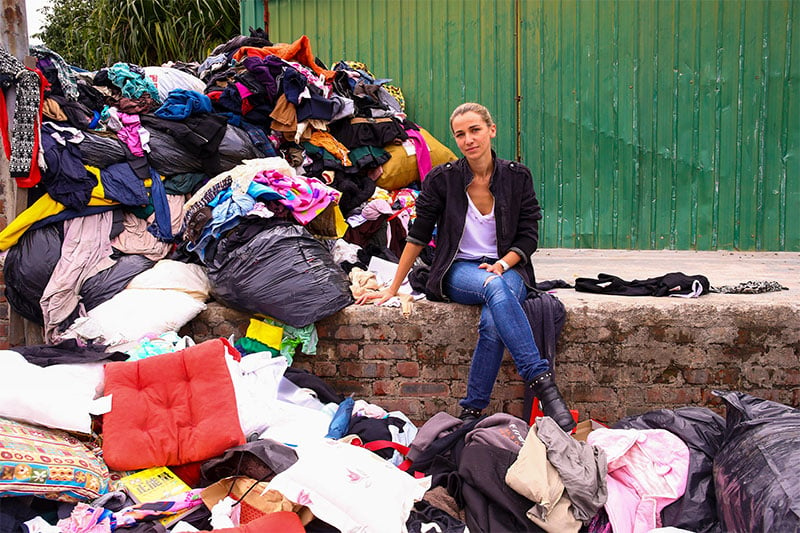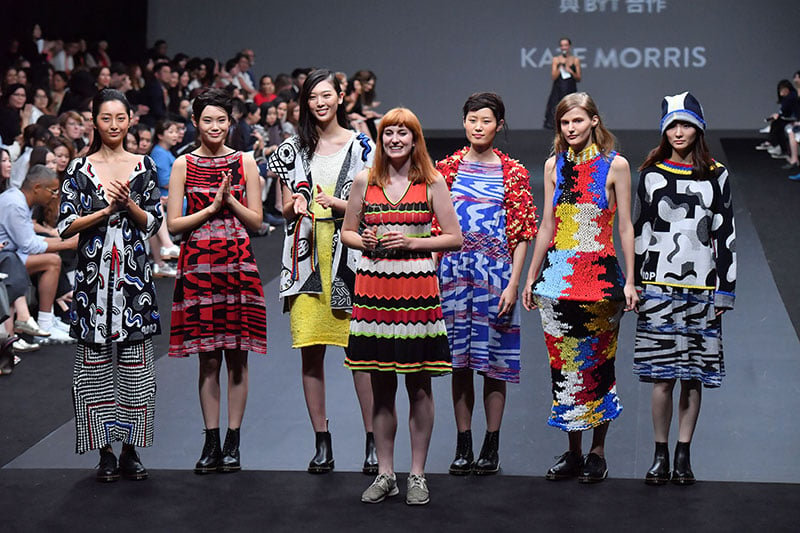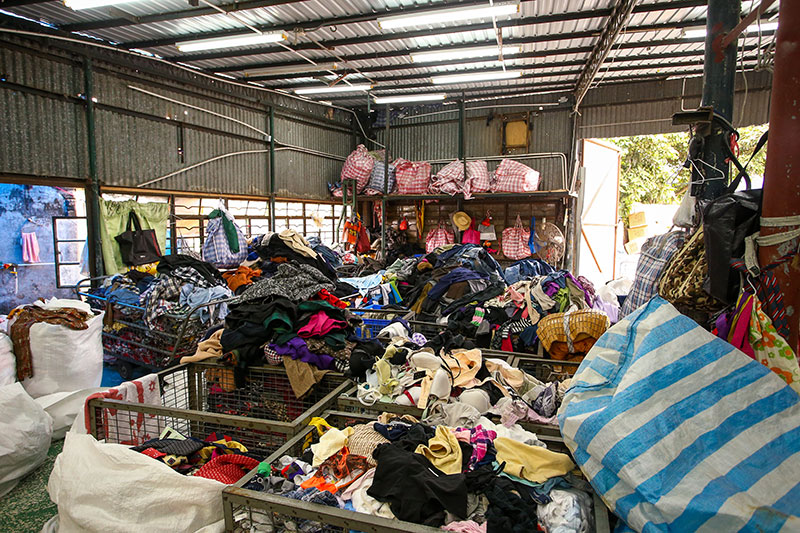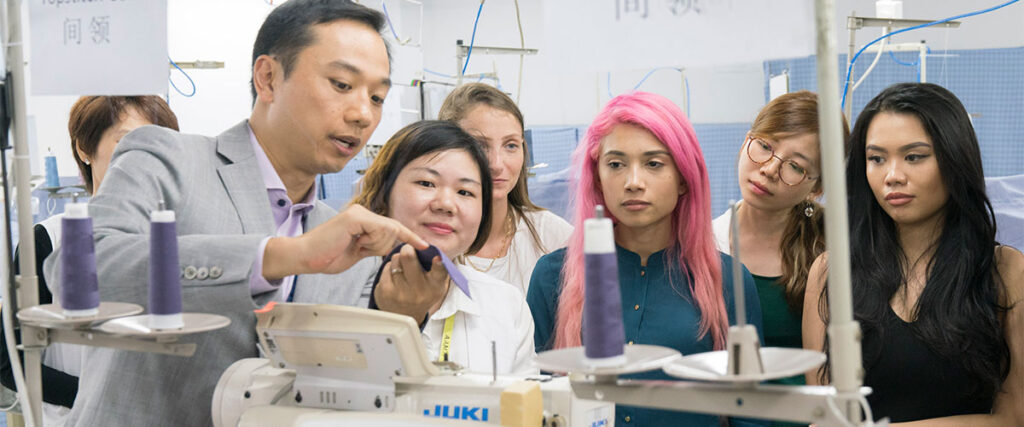Christina Dean established her upcycled fashion brand The R Collective to transform fashion waste products into new pieces of clothing, shifting global opinion and consumer culture as she goes.
Founded in 2017, The R Collective is a Hong Kong-based sustainable fashion brand created by Christina Dean, founder of Redress, an NGO working specifically to reduce waste in the fashion industry. By creating high-end clothing with unwanted fashion waste, The R Collective, formerly known as BYT, hopes to transform the fashion industry’s modes of production into more sustainable models, harnessing the help of talented young designers passionate about changing the world.

A decade ago, fashion was rarely connected with sustainability. Today, thanks to a focused and dedicated cadre of designers and activists, the story is very different. Christina Dean is one such woman paving the way for sustainable fashion, and with remarkable success. Hand-in-hand with its sister NGO, Redress, her brand The R Collective is taking leftover textile waste from fashion companies and creating high-end clothing to sell at an affordable price. Dedicated to taking unwanted material that nobody else can use, (in other words, true waste and not second-hand goods,) she explains, “if we’re not creating clothes from true waste materials that nobody wants, then we’re not making a difference within the industry. And that’s not okay.”

Christina says that if you look into the notorious amount of waste that the fashion industry produces, you’ll actually find that a lot of it is usable and in excellent condition. “A lot of brands want to get rid of materials for a number of reasons: it’s not in season, the fabric is the wrong material, or it’s the wrong quantity. The companies who don’t want their fabrics send them to us. We sort these fabrics out and we create clothing from them.” Recently, they benefited from a warehouse that had to shut down due to rent issues. Instead of dumping their clothes at a landfill site, as might have happened in the past, the manufacturers passed their stock onto Redress in order to make new clothes from it in yet another sign that the times may finally be changing.

Contrary to widely held opinions about a global youth culture obsessed with shopping and fast fashion, Christina says that consumer culture is actually changing from the millennial generation up. “In 2013 there was an incident in Bangladesh where many garment workers died, causing unease amongst the younger generation. Millennials, understandably, don’t want to wear clothes that others have died to make, and have since shown increasing support for the people behind their clothes. They are troubled by the impact the industry has had on the environment.” She firmly regards the youth of today as being the driving force behind global change. “Millennials might not be dripping in cash, but they are certainly dripping in values, and this will change fashion production significantly. They have a huge desire to be part of something meaningful.”
Christina has long term ambitions for the future of R Collective, despite the brand still being in its early stages. “We’re going to investigate new materials such as the upcycled end of roll waste from luxury brands, and textile materials such as yarn. It takes a lot of work to figure out what to do with rolls of yarn but it’s a challenge we’re eagerly taking on!” Currently, the brand is busy working on a new project involving military jacket waste.
Related Articles
Christina Dean: The Woman Leading a Global Movement in Fashion Sustainability




